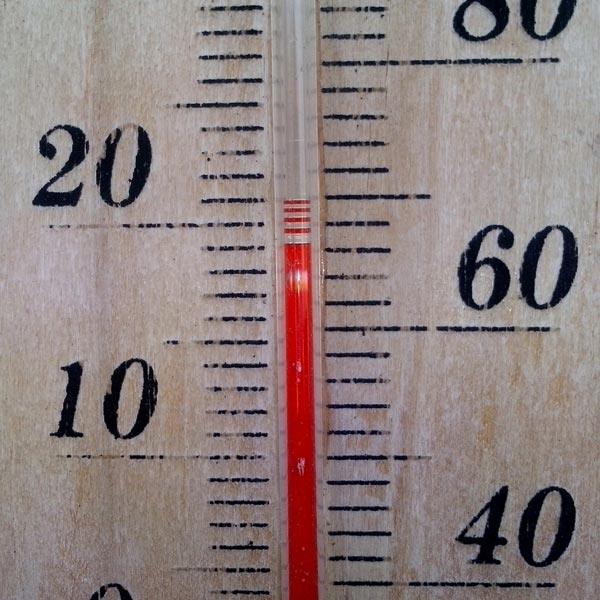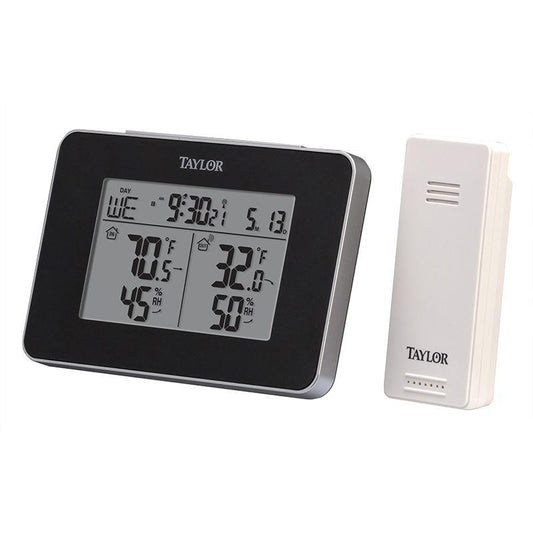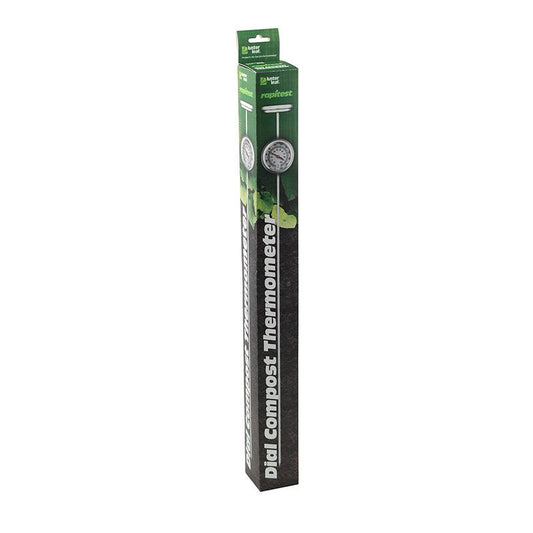
Garden Thermometers: A Comprehensive Guide
Garden thermometers are indispensable tools for any avid gardener or horticulturist. They provide essential information about the environmental conditions that directly impact plant growth and health. Whether you are a seasoned gardener or just starting out, having the right garden thermometer can make a significant difference in the success of your garden.
Why Garden Thermometers Matter
Before delving into the types of garden thermometers, it's important to understand why they are crucial for any garden or greenhouse. Temperature is a fundamental factor that affects plant growth and development. Different plant species have specific temperature requirements for germination, growth, and flowering. Monitoring temperature allows gardeners to create optimal conditions for their plants, ensuring better yields and healthier growth.
Types of Garden Thermometers
-
Analog Dial Thermometers:
-
Analog dial thermometers are the classic choice for many gardeners. They consist of a metal or plastic probe connected to a circular dial with a pointer. The dial displays the current temperature.
-
These thermometers are easy to read and provide accurate temperature readings. They are suitable for both indoor and outdoor use.
-
Digital Thermometers:
-
Digital thermometers have gained popularity due to their precision and ease of use. They come in various forms, including handheld, wall-mounted, and soil probes.
-
Digital thermometers often offer additional features like maximum and minimum temperature memory, making it easier to track temperature fluctuations.
-
Soil Thermometers:
-
Soil thermometers are specifically designed to measure the temperature of the soil. They help determine the best time for planting seeds and bulbs.
-
These thermometers typically have a long probe that can reach deep into the soil, ensuring accurate readings at various depths.
-
Wireless Thermometers:
-
Wireless thermometers are a modern innovation that allows gardeners to monitor temperature remotely. They consist of a sensor unit placed in the garden and a display unit inside the house.
-
Some wireless thermometers can connect to mobile apps, enabling gardeners to receive real-time temperature updates on their smartphones.
Choosing the Right Garden Thermometer
Selecting the right garden thermometer depends on your specific needs and gardening style. Consider the following factors when making your choice:
-
Indoor or Outdoor Use:
-
Temperature Range:
-
Display:
-
Additional Features:
Caring for Your Garden Thermometer
To ensure the longevity and accuracy of your garden thermometer, it's essential to take proper care of it. Clean the thermometer regularly and store it in a cool, dry place when not in use. Avoid exposing it to extreme temperatures or direct sunlight, affecting its performance.
Garden thermometers are invaluable tools for any gardener looking to optimize their plant's growing conditions. With various types to choose from, you can find the perfect thermometer to suit your needs and help your garden thrive. Whether you're a seasoned horticulturist or a beginner, investing in a quality garden thermometer is a step towards achieving a green thumb and reaping the rewards of a flourishing garden.





